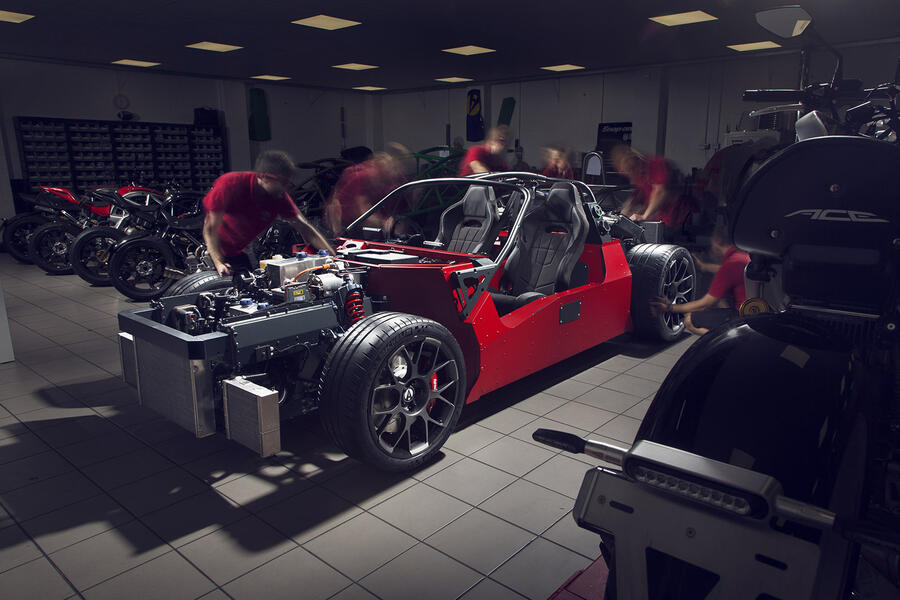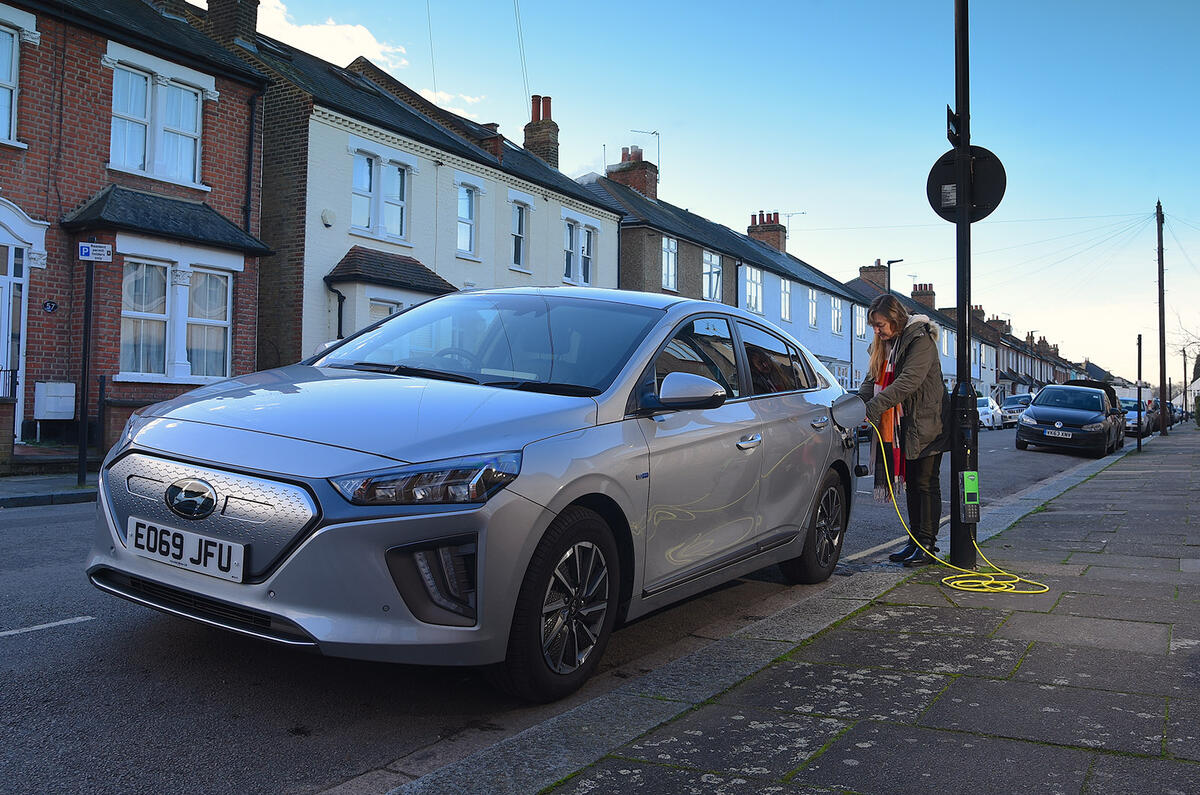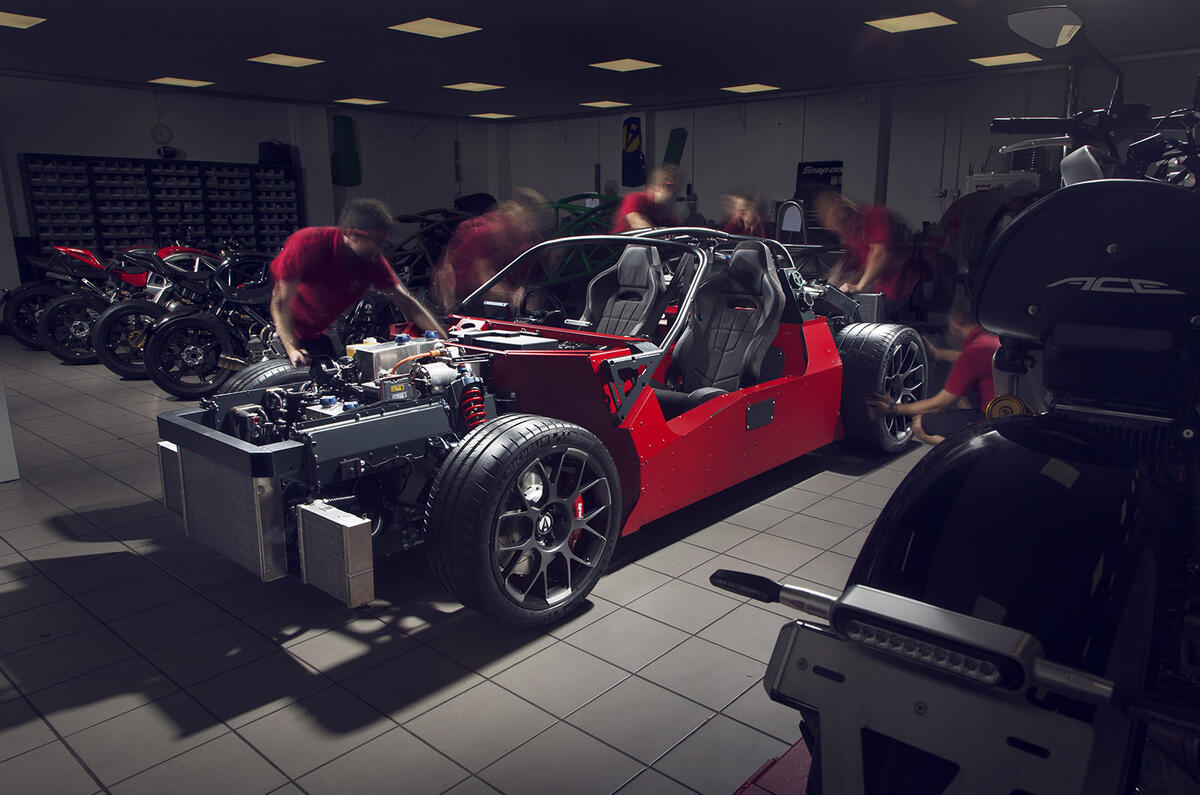Ah, 2030. Or 2035. It probably seems a long way away if you could be voted out of your job in four years’ time but presumably not if you’re more than half of the way through engineering a car to replace the one you currently sell, which will arrive within two years and still be on sale by the end of the decade. You will have started designing for 2030 three or four years ago.
But fine. I’m not worried about the mainstream car makers. They knew this sort of thing could happen, and the UK is just one of many markets. They will shuffle production and adapt, and those who cheated diesel emissions tests are partly responsible for tightening legislation anyway.
And for us: a cleaner planet. So all good? Well, it’s eminently possible to want a carbon-neutral, quiet, clean-air future but still have questions that haven’t yet been answered.
It’s possible to worry about inequality. How do we avoid giving low-income drivers – reliant on landlords or councils to provide domestic charging – the choice of sticking in an old ICE car or being forced to use expensive rapid chargers if they get an EV? Will the fuel of a tenant parking on the street with no choice of energy provider cost more than that of a senior manager who can plug into their solar-panelled house each night?
I know we have time. Even some non-plug-in hybrids will be on sale in 15 years, and cars have a 12-year life on average. But let’s not pretend that injustices and inequality don’t happen to those who can least afford it. Right now, there are leaseholders forced to pay extortionate ‘waking watch’ charges because property developers clad their buildings with flammable materials. In embracing a zero-emissions future, we need to make sure that nobody is treated unfairly or gets left behind.
â– On an entirely different level, what of supercars? And what of those who make sports cars that go through the IVA test? Micro volumes of cars doing micro mileages, less damaging to the climate than having a dog or a wood fire or eating meat?
Do synthetic fuels have a part to play? Fuel companies are working on them. Or, as with crash tests and other emissions regulations, will there be a lag or exemptions for those building in very small volumes?











Join the debate
Add your comment
Just a secondary thought.
Much is made of the idea of exchangeable battery packs rather than waiting to recieve a full charge.....so you have a brand new shiny EV, you drive into a service point - another battery pack is slid into place.....you could now have gone from a brand new battery pack to a 6-7 year old one....god knows how it has been treated or how many owners it has had, or what its remaining life may be. Given that the residual values of EV's depend on the very expensive battery-pack, where does this leave you?!
A planetary change in energy state will infiltrate every aspect of society. The first one degree of change was easy enough to accommodate. Just a bit of damage. The next three degrees will put us on our butts . Listen and understand. It’s out there. It’s coming. It can’t be bargained with. It can't be reasoned with. It doesn’t feel pity or remorse or fear, and it absolutely will not stop ever, until we are dead. Can we turn it aside enough to survive? With this tech and with this attitude? I don't know.